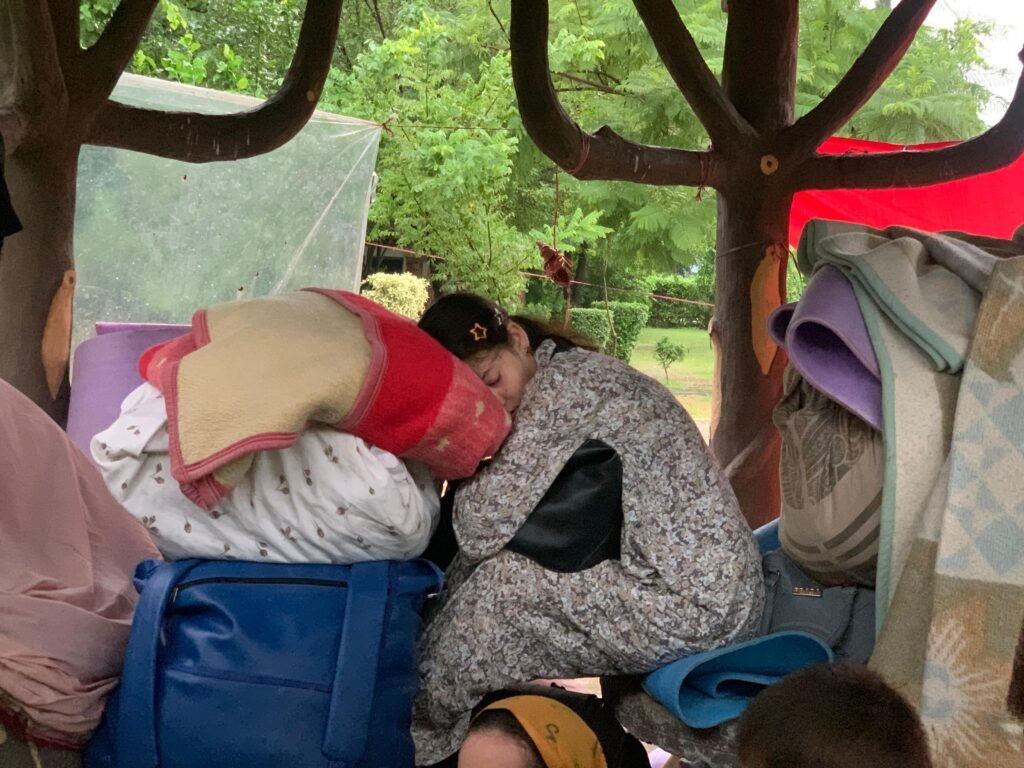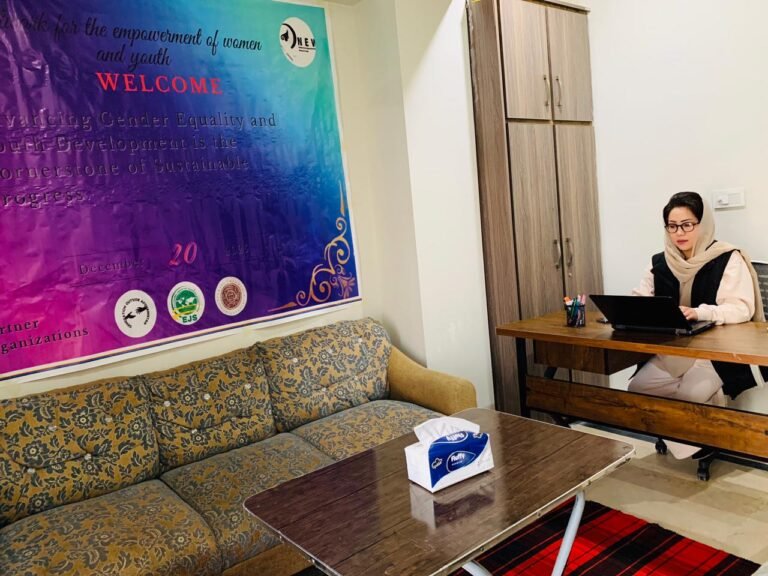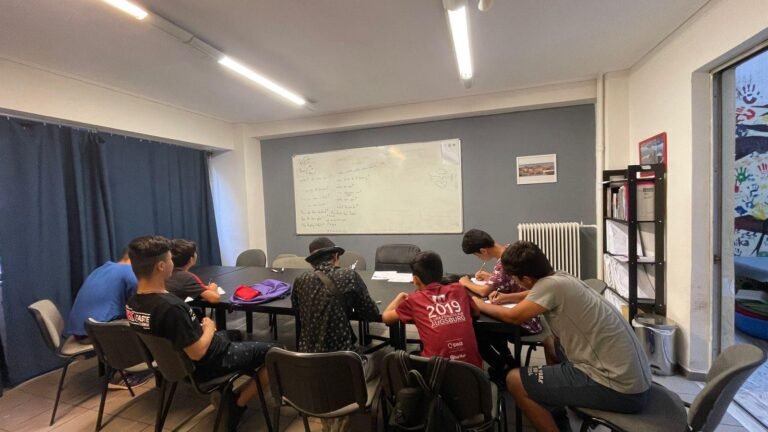Homeless Asylum Seekers and Refugees in Pakistan

Day by day, the situation of Afghan refugees in Pakistan grows increasingly dire. Hundreds of families, evicted from their rented homes in Islamabad, have been staging a protest camp in Argentina Park since July 28, 2025. They live without secure shelter and with little hope that their plight will soon be resolved.
Reasons for the Protest
Most of the refugees lack valid residency documents and cite three main concerns: the suspension of visa extensions, the slow processing of asylum cases by the UN Refugee Agency (UNHCR), and the looming threat of forced deportation to Afghanistan. Many claim their cases have been stalled with UNHCR for four years, leaving them at constant risk of being sent back to a country where they face arrest—or even death—under Taliban rule.
Living in Inhumane Conditions
The families report severe shortages of drinking water, food, medicine, and basic facilities such as toilets and electricity. They live under plastic sheets through scorching heat and heavy rains, with children and the elderly particularly vulnerable to illness. Many must plead with local shopkeepers for permission to charge their phones and pool their meager funds to buy the smallest amounts of food.
Among them is 26-year-old Somaya who arrived at the camp only three weeks after giving birth. With no access to medical care, she now struggles to care for her sick newborn in harsh conditions. Another woman, 23-year-old Sahira Babor, who is nine months pregnant, tearfully asks, “If I give birth here, what will happen to my baby and me?”
Mounting Pressure on Afghan Refugees
Pakistan, home to over 1.3 million registered Afghan refugees and about 750,000 Afghans with ID cards, has begun deportations even before the September 1 deadline. This decision threatens the lives of more than a million Afghans who have sought safety within its borders.
Calls for Urgent Action!
Protesters—including journalists, civil society activists, lawyers, and former soldiers—warn that forced return to Afghanistan could mean detention, torture, or death under Taliban rule. They are appealing to human rights organizations, democratic governments, and international bodies for immediate intervention to relocate them to a safe country and end this humanitarian crisis.






